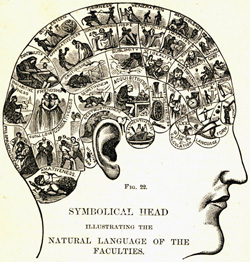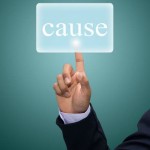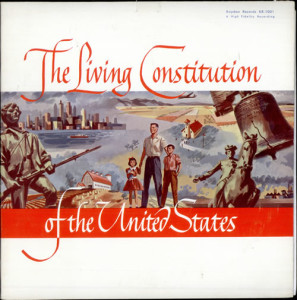In Tour de Force, Ltd. v. Barr, the plaintiff, Tour de Force, was a Russian tour operator that entered into an agreement by email with Gordon Barr, CEO of Port Promotions. There wasn’t a separate written contract. When Tour de Force stopped receiving payments, it sued Barr individually. The trial court found after a bench trial that Tour de Force did not prove that a contract existed with Barr in his individual capacity. Tour de Force appealed, arguing that the trial court applied the wrong standard because agency is an affirmative defense. The Dallas Court of Appeals affirmed.
On the issue of whether it was the defendant’s burden to prove agency or the plaintiff’s burden to prove a contract with the defendant in his individual capacity, the Court noted that the defendant disclaimed any reliance on an agency defense during closing, meaning he had no burden to establish an affirmative defense. “Rather, the burden remained squarely with [Tour de Force] to prove a ‘meeting of the minds’ between it and Barr to enter into a contract.” The emails forming the contract included a signature line of Gordon Barr as CEO of Port Promotions, invoices were directed at Port Promotions, and payments were made from an account owned by Port Promotions. Thus, though the plaintiff testified that he believed he had contracted with Barr, there was no evidence of a “meeting of the minds” between Tour de Force and Barr in his individual capacity to enter into a contract.





 onse on the day it was due instead of that morning, counsel answered: “I don’t have a satisfactory answer for that, Your Honor.” The response was thus not considered, and the Fifth Court affirmed, using the plain language of the relevant rule of procedure to reject plaintiff’s arguments about why it should have been. No. 05-14-01392-CV (March 21, 2016) (mem. op.)
onse on the day it was due instead of that morning, counsel answered: “I don’t have a satisfactory answer for that, Your Honor.” The response was thus not considered, and the Fifth Court affirmed, using the plain language of the relevant rule of procedure to reject plaintiff’s arguments about why it should have been. No. 05-14-01392-CV (March 21, 2016) (mem. op.)
